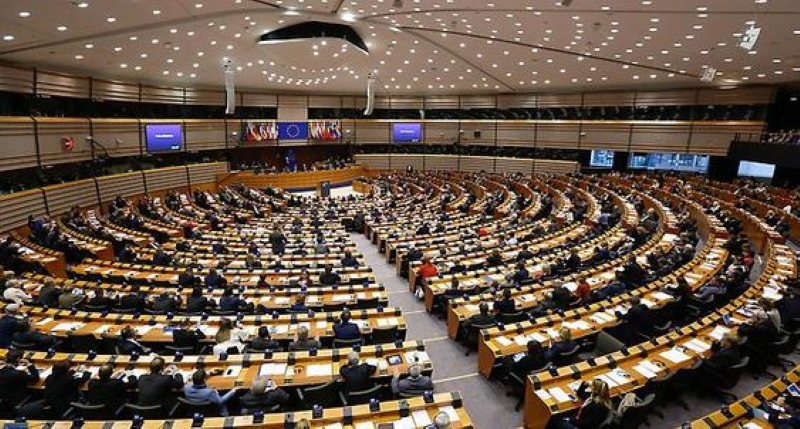The United Nations defines the Youth as those persons between the ages of 15 to 24 years. According to the United Nations, today, there are 1.8 billion people between the ages of 10-24, they are the largest generation of youth in history. Close to 90% of them live in developing countries, where they make up a large proportion of the population.
Connected to each other like never before, young people want to and already contribute to the resilience of their communities, proposing innovative solutions, driving social progress and inspiring political change. They are also agents of change, mobilizing to advance the Sustainable Development Goals to improve the lives of people and the health of the planet.
Provided with the necessary skills and opportunities needed to reach their potential, young people can be a driving force for supporting development and contributing to peace and security. They play a significant role in the implementation, monitoring and review of the Policies as well as in holding governments accountable. With political commitment and adequate resources, young people have the potential to make the most effective transformation of the world into a better place for all.
Through active participation, young people are empowered to play a vital role in their own development as well as in that of their communities, helping them to learn vital life-skills, develop knowledge on human rights and citizenship and to promote positive civic action.
They can be a creative force, a dynamic source of innovations, and they have undoubtedly, throughout history, participated, contributed, and even catalyzed important changes in political systems, power-sharing dynamics and economic opportunities.
According to the United Nations, it is established that youth have remained politically active through political movements. That young men and women are traditionally active politically in universities but very often disillusioned with political leadership and political institutions and excluded from policy development. As a result, political activism of youth is not organized according to formal groupings.
The United Nations has further established that people under the age of 35 are rarely found in formal political leadership positions. That in a third of countries, eligibility for the national parliament starts at 25 years or higher and it is common practice to refer to politicians as ‘young’ if they are below 35-40 years of age.
With limited opportunities and exposure to meaningfully participate in inclusive decision-making processes, young men and women feel excluded and marginalized in their societies and communities. The need for participatory structures and greater trust between youth and institutions and for greater capacity development is of great importance.
Some countries have taken steps to promote and develop Youth engagement in political spheres like Azerbaijan which promotes Youth Participation in Decision Making and Policy Implementation. The project has assisted Azerbaijan to develop its first assessment tool to examine how adequately national policies respond to youth concerns, as well as a draft monitoring and evaluation plan for the State Programme on Azerbaijani Youth.
Just like this, it is crucial for countries to share ideas and promote youth engagement in political spheres to promote development.
In order to respond to the needs of young people, and to guarantee that their basic human rights are recognized and enforced, young people’s active and meaningful participation in their societies and in democratic practices and processes is of crucial importance. Meaningful youth participation and leadership require that young people and young people-led organizations have opportunities, capacities, and benefit from an enabling environment and relevant evidence-based programs and policies at all levels.
Realizing young people’s right to participate and be included in democratic practices is also vital to ensure the achievement of internationally agreed development goals and to refresh the development agenda.
AKELLO PATRICIA
